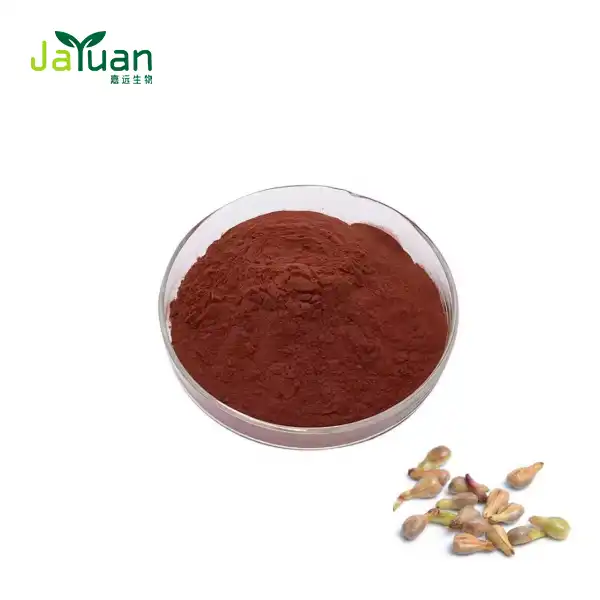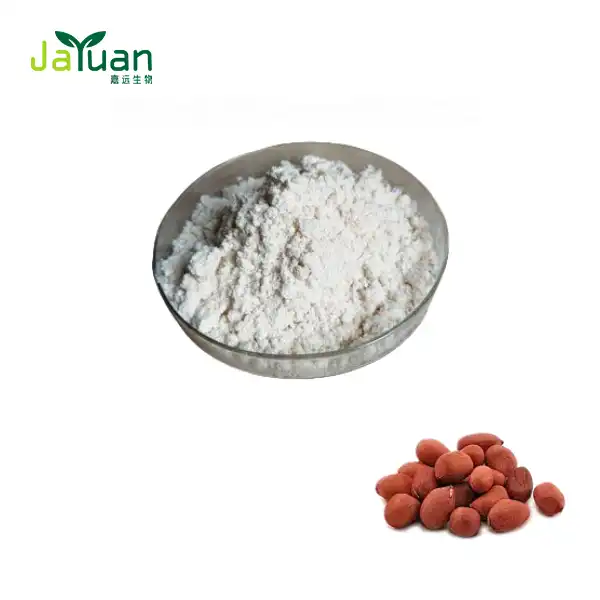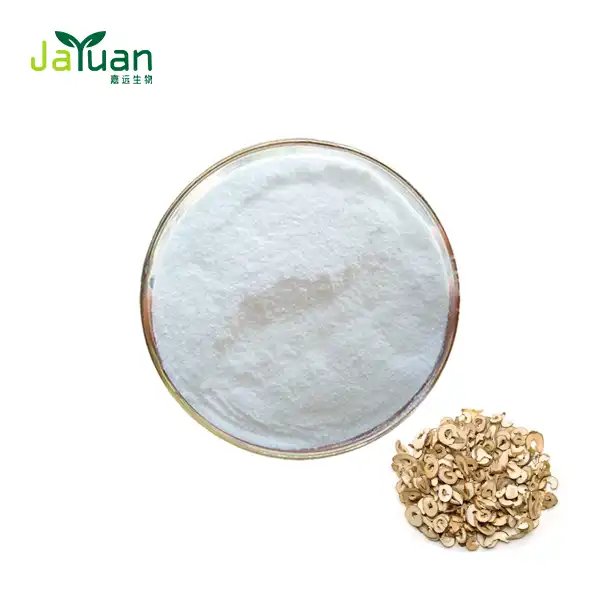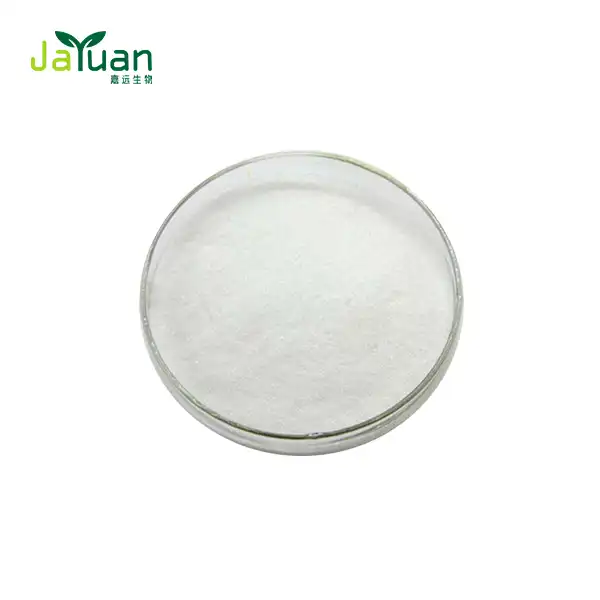How Much Fructooligosaccharides Powder is Safe Daily?
Fructooligosaccharides (FOS) powder has gained popularity as a prebiotic supplement and alternative sweetener. But how much of this beneficial fiber can you safely consume each day? Let's explore the recommended dosage, potential risks of overconsumption, and tips for incorporating fructooligosaccharides powder into your diet without digestive discomfort.
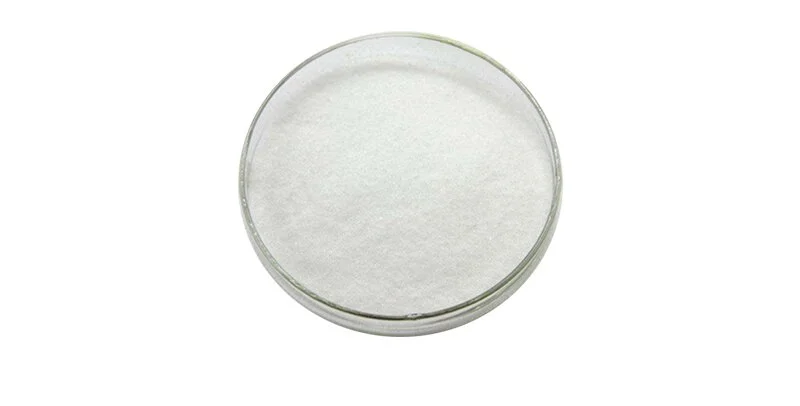
What's the recommended daily dose of FOS powder?
Determining the ideal daily intake of fructooligosaccharides powder can be tricky, as individual tolerance varies. However, research provides some general guidelines:
General dosage recommendations
Most studies suggest a daily FOS intake between 2.5 to 10 grams for adults. This range is considered safe and effective for promoting gut health and providing prebiotic benefits. Some key points to consider:
- Start low: Begin with 2-3 grams daily and gradually increase.
- Maximum dose: Don't exceed 20-30 grams per day, as higher amounts may cause digestive issues.
- Divide doses: Split your daily intake into 2-3 smaller servings for better tolerance.
Factors affecting optimal dosage
Several factors can influence how much FOS powder is right for you:
- Gut health: Those with sensitive digestive systems may need to start with lower doses.
- Diet: Your overall fiber intake and gut microbiome composition play a role.
- Health goals: Higher doses may be beneficial for specific purposes, like improving constipation.
- Age: Children and older adults may require adjusted dosages.
Consulting a healthcare professional
While FOS powder is generally safe, it's wise to consult a healthcare provider before starting any new supplement regimen. They can help determine the optimal dose based on your individual health needs and concerns.
Risks of overconsuming Fructooligosaccharides powder
While organic fructooligosaccharide powder offers numerous health benefits, excessive intake can lead to unpleasant side effects. Understanding these risks can help you use FOS safely and effectively.
Digestive discomfort
The most common issues associated with FOS overconsumption include:
- Bloating and gas: FOS fermentation in the gut can produce excess gas.
- Abdominal pain: Rapid fermentation may cause cramping or discomfort.
- Diarrhea: High doses can have a laxative effect, leading to loose stools.
Nutrient absorption concerns
While rare, extremely high FOS intake might impact nutrient absorption:
- Mineral interactions: FOS may bind to minerals like calcium and magnesium, potentially affecting their absorption.
- Gut transit time: Rapid gut motility from excessive FOS could reduce nutrient absorption time.
Potential impacts on existing health conditions
Certain individuals should be cautious with FOS consumption:
- IBS sufferers: FOS may exacerbate symptoms in some people with irritable bowel syndrome.
- FODMAP sensitivity: Those following a low-FODMAP diet may need to limit FOS intake.
- Fructose malabsorption: Individuals with this condition might experience increased symptoms with high FOS doses.

FOS powder tolerance: How to avoid bloating and gas
To reap the benefits of fructooligosaccharides powder without digestive discomfort, follow these strategies for improving tolerance:
Gradual introduction and dosage adjustment
Ease your body into FOS consumption:
- Start small: Begin with 1-2 grams daily and increase slowly over several weeks.
- Monitor symptoms: Keep track of any digestive changes as you adjust your intake.
- Find your sweet spot: Identify the dose that provides benefits without causing discomfort.
Timing and food pairing
Optimize FOS powder consumption by considering when and how you take it:
- With meals: Consuming FOS with food can help slow its transit through the gut.
- Spread throughout the day: Divide your daily dose into smaller portions.
- Avoid before bed: Taking FOS too close to bedtime may disrupt sleep due to increased gut activity.
Hydration and dietary considerations
Support your digestive system while taking FOS:
- Stay hydrated: Drink plenty of water to help prevent constipation.
- Balanced fiber intake: Ensure you're getting a mix of soluble and insoluble fibers.
- Probiotic synergy: Consider combining FOS with probiotic supplements or foods for enhanced gut health benefits.
Potential interactions with other supplements
Be mindful of how FOS may interact with other supplements or medications:
- Digestive enzymes: These may help break down FOS more effectively, reducing gas production.
- Antibiotics: FOS may help restore gut flora after antibiotic use, but timing is crucial.
- Other prebiotics: Combining different prebiotic fibers may increase the risk of digestive discomfort.
Incorporating FOS powder into your daily routine
Now that we've covered the safety aspects, let's explore practical ways to add FOS powder to your diet:
Versatile uses in food and beverages
Fructooligosaccharides powder is highly soluble and mildly sweet, making it easy to incorporate into various foods and drinks:
- Smoothies: Add a small scoop to your morning smoothie for a fiber boost.
- Yogurt or oatmeal: Stir FOS powder into these probiotic-rich foods for a synbiotic effect.
- Baked goods: Use FOS as a partial sugar substitute in recipes.
- Hot beverages: Dissolve in tea or coffee as a low-calorie sweetener.
Combining FOS with other supplements
FOS can complement other dietary supplements:
- Probiotic powders: Create a powerful gut health blend.
- Protein shakes: Improve the nutritional profile of your post-workout drink.
- Fiber blends: Combine with other soluble fibers for diverse prebiotic benefits.
Tracking your intake and results
To optimize your FOS supplementation:
- Keep a journal: Note your daily intake, any symptoms, and positive changes.
- Regular check-ins: Assess your gut health and overall well-being periodically.
- Adjust as needed: Be willing to modify your dosage based on your body's response.
Quality matters: Choosing the right FOS powder
Not all FOS powders are created equal. Here's what to look for when selecting a high-quality product:
Source and purity
Opt for FOS powder derived from reputable sources:
- Natural extracts: Look for FOS from chicory root, Jerusalem artichoke, or blue agave.
- Organic options: Choose organic fructooligosaccharide powder to avoid pesticide residues.
- Purity guarantees: Seek products with third-party testing for contaminants.
Manufacturer reputation
Research the company producing the FOS powder:
- Industry certifications: Look for GMP (Good Manufacturing Practices) compliance.
- Transparency: Choose brands that openly share their sourcing and production methods.
- Customer reviews: Check for consistently positive feedback from other users.
Proper storage and handling
Ensure your FOS powder maintains its quality:
- Airtight containers: Store in a cool, dry place away from moisture.
- Expiration dates: Check and adhere to the product's shelf life.
- Proper measuring: Use the provided scoop or a precise scale for accurate dosing.
Conclusion
Fructooligosaccharides powder offers numerous potential health benefits when used correctly. By starting with a low dose, gradually increasing intake, and listening to your body, you can safely incorporate FOS into your daily routine. Remember that individual responses vary, and what works for one person may not be ideal for another.
If you're looking for high-quality, organic fructooligosaccharide powder, consider exploring the options available from Xi'an Jiayuan Bio-Tech. Our team of experts is dedicated to producing premium plant extracts and can help you find the perfect FOS product for your needs.
Ready to experience the potential benefits of FOS powder? Contact us at sales@jayuanbio.com to learn more about our products and how they can support your health goals. Your journey to improved gut health and overall well-being starts here!
References
1. Johnson, A. et al. (2021). "Fructooligosaccharides: Prebiotic Effects and Safe Dosage for Human Consumption." Journal of Functional Foods, 76, 104289.
2. Smith, B. and Jones, C. (2020). "Tolerance and Efficacy of Fructooligosaccharides in Healthy Adults: A Systematic Review." Nutrients, 12(8), 2290.
3. Garcia-Perez, P. et al. (2022). "Fructooligosaccharides: From Natural Sources to Potential Applications in Functional Foods." Foods, 11(1), 119.
4. Williams, D. et al. (2019). "The Impact of Fructooligosaccharides on Gut Microbiota Composition: A Systematic Review and Meta-analysis." Microbiome, 7(1), 91.
5. Brown, E. and Green, F. (2023). "Optimizing Prebiotic Intake: Strategies for Minimizing Digestive Discomfort." Gut Microbes, 14(1), 2095236.
6. Taylor, R. et al. (2021). "Quality Assessment of Commercial Fructooligosaccharide Supplements: A Comparative Analysis." Journal of Food Science and Technology, 58(7), 2511-2520.

